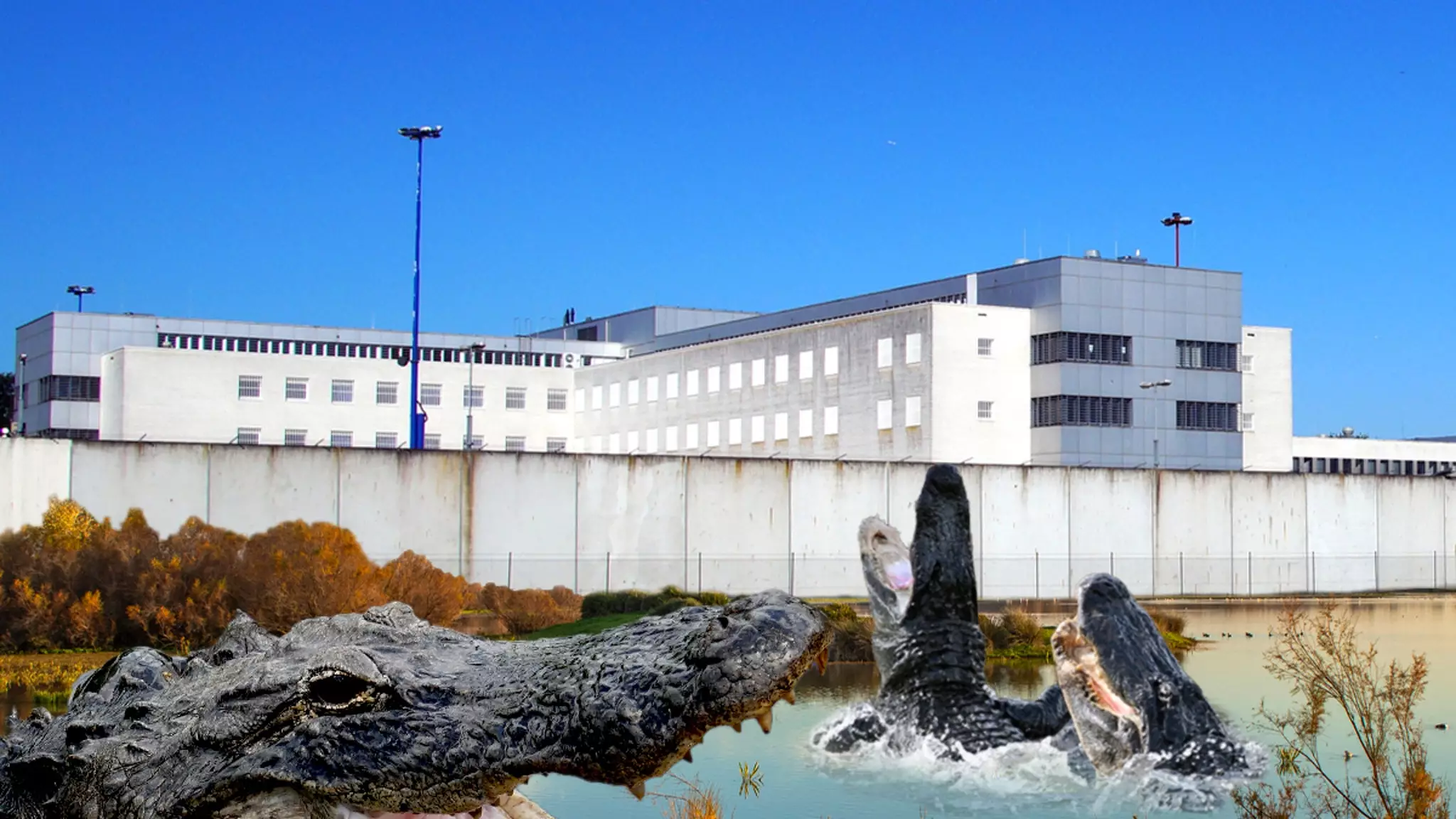In what can only be described as a bizarre yet audacious approach to handling immigration issues, Florida Attorney General James Uthmeier has unveiled a plan that could only emerge from the Sunshine State. The idea of transforming the Everglades, a vast ecosystem notorious for its alligators, into an immigration detention center—dubbed “Alligator Alcatraz”—raises eyebrows and questions alike. This initiative comes at a time when the pressures on current ICE detention facilities are mounting due to growing immigrant populations, a situation that Uthmeier is setting out to address in a decidedly unconventional manner.
Logistics with a Wild Twist
The proposed site for this detention center is the Miami-Dade Collier County Training Facility, situated about an hour from Miami. With a generous 39-square-mile expanse and an existing landing strip, Uthmeier claims that this location could facilitate the rapid processing and detention of up to 1,000 undocumented immigrants in as little as 30 to 60 days. While the logistical challenges are significant, the backdrop of the alligator-infested waters adds a unique twist—one bordering on the absurd. Is Uthmeier suggesting that the presence of these formidable reptiles could serve as a form of boundary enforcement? It’s a bizarre notion that certainly shifts the narrative around immigration and border control into unchartered waters.
Casting Aside Legal Boundaries
Not only is Uthmeier’s idea remarkable in its content, but it also reflects a troubling disregard for legal constraints. Just days before announcing this plan, he received a civil contempt ruling for failing to comply with a judge’s order regarding immigration legislation. This pattern of behavior hints at a willingness to prioritize political alignment—specifically with former President Trump—over adherence to the rule of law. Uthmeier’s actions raise critical discussions about the ethical implications of his proposals. Is it acceptable to sidestep judicial authority in the pursuit of a politically motivated agenda?
The Public’s Response: Polarized Opinions
Reactions to Uthmeier’s plan have been predictably polarizing. To some, it embodies Florida’s spirit of bold creativity in addressing pressing societal issues, while to others, it underscores a cavalier attitude towards the complexities of immigration. Critics argue that such a proposal simplifies a multifaceted crisis into a gimmick, reducing human lives to mere figures in a politically charged game. Supporters may revel in the idea of an unorthodox solution, but at what cost? The ethical ramifications and possible humanitarian consequences remain significant concerns that merit deeper examination.
In navigating the intersection of immigration policy and environmental stewardship, Uthmeier’s “Alligator Alcatraz” raises complex questions about how creative solutions can sometimes veer into the realm of the ridiculous. How this proposal will materialize remains to be seen, but it undeniably spotlights the urgent need for a thoughtful, humane approach to immigration detention, one that echoes beyond Florida’s gator-ridden swamps into the broader national dialogue.

